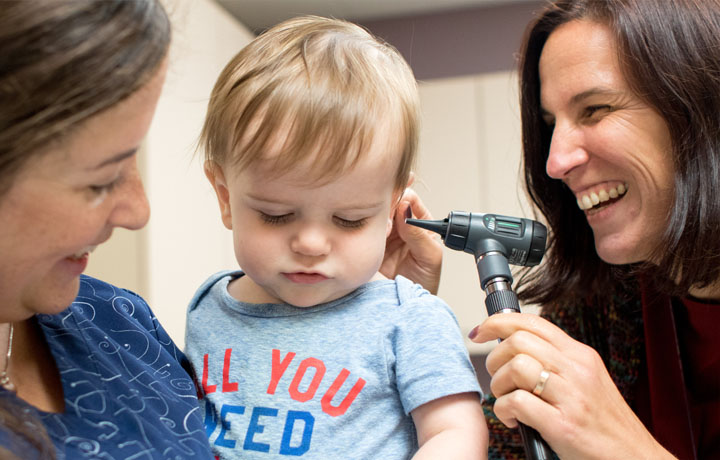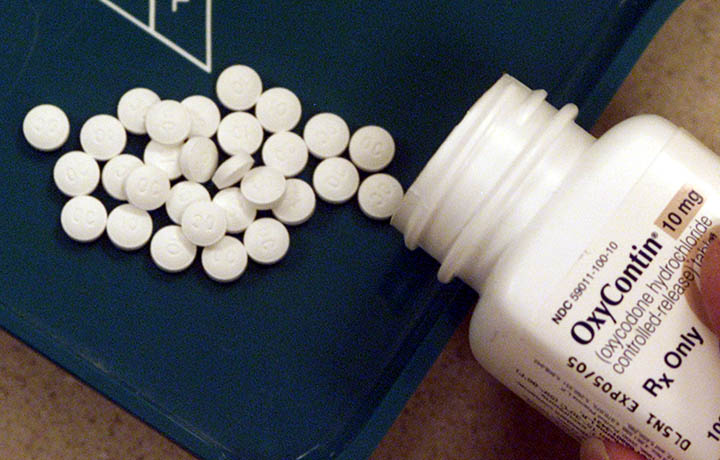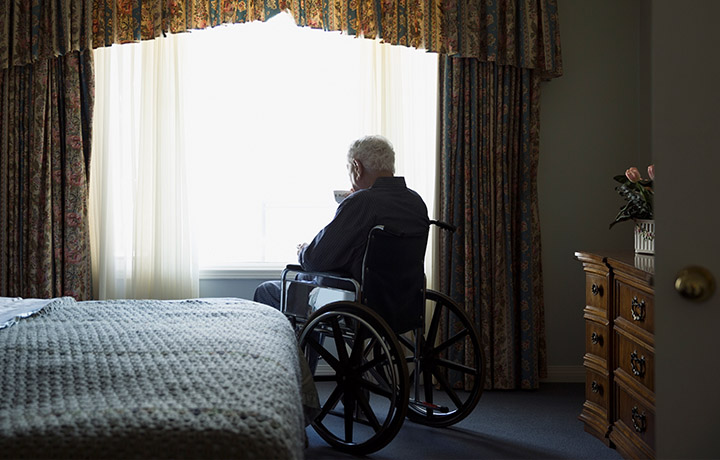Article
What patients need — and healthcare doesn't deliver
By Dave deBronkart | June 26, 2017

If healthcare were designed from a patient's perspective, what would it look like? Innovation guru Clay Christensen has talked about a fast food chain that created a special milkshake — for breakfast. Why? The company stopped framing its thinking around products and started asking, instead, what customers needed. It turns out, they needed to fill a long commute with something substantial and easy to eat. So morning milkshakes appeared, and business boomed.
The lesson: Though what you do takes brains and hard work, it's not about you. You'll be weak and frustrated until you get in the customer's groove.
But in U.S. healthcare, most payers and providers have never cared about my groove — because, honestly, nobody much pays them to do so. Few seem interested in peeking inside my life, seeing why I might ever want to come to them.
Yet only I can say whether I got what I need and whether I feel cared for. When you do what you think I need, but I leave unhappy, and nobody wins.
Do providers understand what those needs are — in my terms, separate from what they get reimbursed for doing?
Need 1: Health
What I really want is for my whole family to feel healthy and happy. If I can get that without ever seeing a doctor, great!
This isn't always possible for patients. When I was diagnosed with cancer in 2007, I had no choice but to see providers. That doesn't mean I wanted to be there.
The great patient advocate Hugo Campos really lives this message. He has a defibrillator wired into his heart. Think about it. Wires in his heart. For him this is immediate everyday truth — his Need 1 — but that doesn't mean he wants to think about doctors every day. His view? “I don't want to engage with my health – I want to engage with my life."
In short, many patients only need “care" when Need 1 falls short.
Need 2: Expert advice (when I want it)
Need 2 supports Need 1: Sometimes I have decisions to make, and I like that you know more than I do. I'd love your advice about which apps and trackers are worth the effort, which diet advice you trust (this week), whether to trust something online. All of my doctors gladly give advice, or I find ones who do.
After all, my life is my responsibility, right?
Do you still tell patients to “stay off the internet"? When I spoke at the Medicine X conference in 2014, I said that “Googling is a sign of patient engagement." I Google because I'm interested in my health, and I want to know more
That doesn't mean I'm rejecting you. When I ask for advice, I want your expert opinion. But I can interact with Google 24/7, which I can't do with you, yet. If you discourage me, you're not helping me with Need 1.
My granddaughter was born in 2013. When I saw this photo of her, at two months old, I realized that good, solid, paternalistic care is sometimes essential. She's in a car seat, facing backwards, being taken where she needs to go. She has no capacity to make informed choices.
But today she announces herself as “3.9 years old" and her capacities are growing — including her capacity to be responsible for her actions. To hold her back — to say “stop thinking, stop growing" — would be to perpetuate burden on her parents. Likewise, to limit patients' capacities is to perpetuate burden on the system.
Of course, as in any relationship, when I ask for your advice, I might not follow it. Why? Because it's my life I want help with. You'll have to buy into that … and I'll have to accept responsibility for my choices.
Need 3: Expertise when there's trouble
This is what you went to medical school for. Assessment, diagnosis, options, treatments. But to understand my patient experience better, note that I need your expertise in service of Need 1.
And though I respect your education and knowledge, please don't pretend to have certainty when there is none. I've been told many times that doctors are trained to exude certainty because many patients want it. But for those of us who don't, and for those of us who know a bit of science, false certainty is flat-out bunk, and can be dangerous to boot.
So let's say Need 3 is humble expertise when there's trouble. I'll sit in the uncertainty with you and we'll do our best together.
Need 4: Caring
When I'm in trouble, believe me, I want to know that you really care. Nurses are often best at this. Learn from them how to do it.
Do you care? Do your people act like they care? Does it seem to me like you care? Or will you act like we should understand your needs? As Morgan Gleason, a 15-year-old frequent hospital patient, eloquently ranted a couple of years ago, “I am the patient, and I need to be heard !"
I'll never forget how, when I thought I was dying of cancer, an extraordinary nurse would stand at the foot of my bed, just be with me in the peril, and ask: “How are you doing?" What compassion and bravery she had — to be so caring, knowing that most people in my situation do not survive.
I know you have pressures, regulatory and financial, most of which I hate because they get in your way and I didn't ask for them. Can your team exhibit caring nonetheless.
Fixing the system
I love good medicine; I was nearly dead when I got my cancer diagnosis and was cured in six months. Now I slave to make medicine work better, not just for me, but for the superb clinicians and companies whose efforts saved me.
But improvement means change — from the old way of doing things, and the old way of looking at relationships. Let's view patient experience scores as the first grand opportunity to tune your operation to what matters for reimbursement and matters to the patient who has the problem, and help us learn to be more effective partners in the process. I speak first-hand when I say we will love you for it.
Can you help? Are you willing?
Dave deBronkart, also known as "e-Patient Dave," is a frequent writer and speaker on the patient experience.






